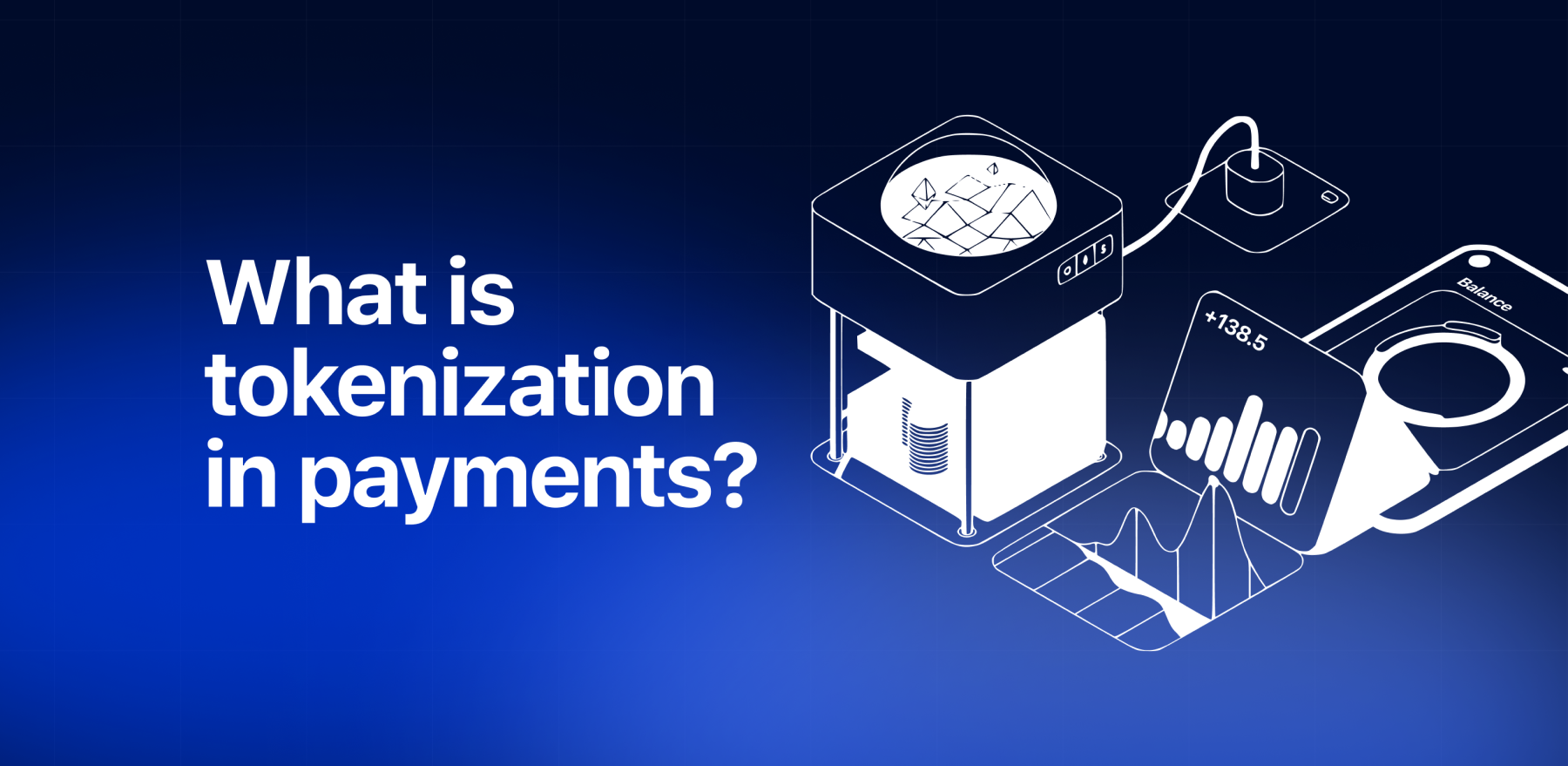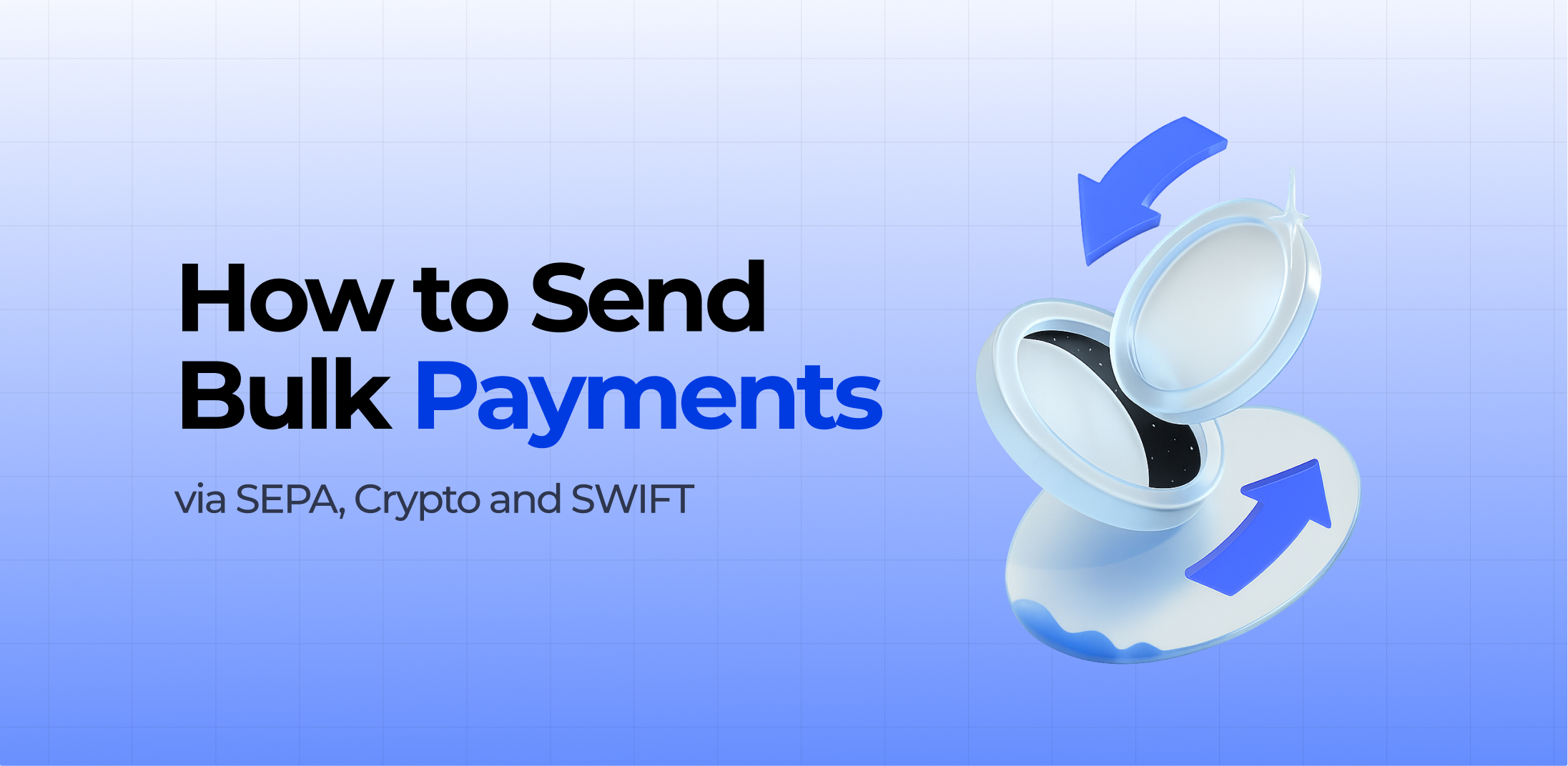In today’s digital economy and e-commerce boom, payment security is a critical concern for both businesses and users. Personal and financial information is especially vulnerable, often targeted by fraudsters and cybercriminals. To protect sensitive data during payment transactions, major international payment systems have developed bank card tokenized payment services.
This technology enhances data security and simplifies the payment process. What is payment tokenization? What are the types of tokens in payment systems meaning? Let’s deepen our understanding of this topic with insights from the PaySaxas team.
Why Tokenization is Important in Payments
Tokenization has emerged as a key security measure in the payments industry, where protecting sensitive information is essential. With the growth of digital transactions comes a rise in cyber threats, heightening the need to secure card details, account data, and personal identifiers. For both businesses and consumers, safeguarding this information is now more critical than ever. Conventional data storage methods have exposed companies to security breaches, often leading to substantial financial losses and harm to their reputation.
Tokenization addresses these vulnerabilities by substituting sensitive information with unique, randomly generated tokens that hold no value outside a protected environment. This approach significantly lowers the risk of data interception or misuse by cybercriminals, greatly reducing the chances of fraud. With tokenization, businesses can securely handle transactions, ensuring customer data is safeguarded and meeting stringent data protection standards. Beyond enhancing security, tokenization also aids businesses in meeting stringent regulatory requirements, such as the Payment Card Industry Data Security Standard (PCI-DSS), which enforces strict measures for handling payment data.
By adopting tokenization, organizations can satisfy these compliance obligations while effectively safeguarding customer information. This high level of protection not only boosts consumer confidence but also fosters trust in digital transactions, allowing businesses to operate without the constant worry of major data breaches. As tokenization continues to gain traction, it is transforming the landscape of secure payments and contributing to the development of a more secure and resilient financial system for all parties involved.
How Payment Tokenization Works

Tokenization for payments is a technique that substitutes sensitive card data with a unique identifier, or “token”, that is limited to a single transaction and can’t be reused elsewhere. When a customer initiates a payment, their card information is transformed into a randomly generated token, which is then sent securely to complete the transaction.
The original card details are stored on protected, encrypted servers managed by the payment provider, ensuring they remain inaccessible to potential cyber threats. In contrast to encryption, which encodes data but can still be decoded if accessed, merchant tokenization removes sensitive information entirely from the transaction process. Even if intercepted, a token is meaningless to fraudsters without access to the secure vault where the real data is kept.
This approach significantly lowers the chances of data breaches and fraud, providing a safer and smoother payment experience for both consumers and businesses. Today, merchant tokenization is widely adopted by major payment providers to strengthen transaction security, making digital payments both safer and more convenient.
Types of Tokens in Payment Systems
Merchant tokenization of payments employs various types of tokens to safeguard transactions, each tailored to specific needs and situations. These types include single-use tokens, multi-use tokens, merchant-specific tokens, and network-issued tokens. Let’s take a closer look at each type and explore their meanings in more depth.
Single-Use Tokens
Single-use tokens are designed for one-time use, offering enhanced security for individual transactions. After a payment is processed, the digital asset immediately expires, preventing its reuse in any subsequent transactions. This feature strengthens security by making any intercepted token useless to criminals, as it cannot be linked to the original merchant payment details.
These tokens are commonly used for both online and in-person payments, providing a secure way to complete merchant transactions for both businesses and consumers. By eliminating the merchant tokenization risk of token reuse, single-use tokens help minimize the chances of fraud and data breaches.
Beyond boosting security, they streamline the payment process, enabling quicker and more efficient transactions. Consequently, businesses benefit from reduced exposure to liability by not storing sensitive merchant payment data, while customers can feel confident that their merchant tokenization information is secure with every transaction.
Multi-Use Tokens
Multi-use tokens are designed for repeated transactions, allowing them to be reused for future payments. These tokens are securely stored, enabling customers to make additional purchases without needing to input their information every time. They are particularly beneficial for businesses with subscription services, memberships, or regular billing cycles that require ongoing merchant tokenization payments.
Unlike single-use tokens, which become invalid after one transaction, multi-use tokens stay active for a longer period, providing convenience and security. The tokenized data is stored securely, safeguarding it from unauthorized access and minimizing fraud risk in future transactions. For customers, multi-use tokens ensure a smooth and secure payment experience without repeatedly exposing sensitive details.
From a business perspective, these tokens streamline recurring payments, reducing friction and enhancing customer retention. Additionally, using multi-use tokens helps businesses comply with data protection regulations by not storing sensitive card information directly, lowering the likelihood of data breaches. Overall, multi-use tokens offer improved security, a better customer merchant tokenization experience, and increased efficiency in handling recurring payments.
Merchant-Specific Tokens
Merchant-specific tokens are designed to be exclusive to a particular business, ensuring they can only be utilized within that merchant’s environment. This restriction enhances security by preventing misuse in case the digital asset is intercepted. The fact that the tokenized one is valid solely for one merchant’s system significantly reduces the potential for fraud.
For companies handling sensitive customer data, such as online retailers, banks, or healthcare services, merchant-specific tokens provide an additional layer of security. If compromised, these tokens are useless without access to the specific platform, making them ineffective for fraudulent activity.
This added protection fosters customer confidence, as they know their information is secure. Moreover, merchant-specific tokens assist businesses in complying with data privacy laws by reducing the volume of sensitive data they store and transmit. By confining tokenized data to a single platform, businesses streamline payment processing while maintaining a high level of security, ensuring a smooth and safe merchant tokenization transaction experience for their customers.
Payment Network Tokens
Payment network tokens are provided by leading card networks such as Visa, Mastercard, and others, guaranteeing wide compatibility and smooth integration with various payment systems and platforms. Designed to meet established industry standards, these tokens are accepted by numerous merchants, payment processors, and financial organizations. In contrast to merchant-specific tokens, which are limited to use within a single business or platform, payment network tokens offer more versatility, allowing for secure transactions across a wide range of systems and environments.
The main benefit of payment network tokens is their capability to substitute sensitive merchant transaction information, like credit card numbers, with a unique, non-reversible token. This ensures that the digital asset cannot be traced back to the original data, even if intercepted. By concealing card details, merchant transaction network tokens significantly reduce the likelihood of fraud, as any intercepted token is useless without access to the corresponding system or key. This strong security measure is essential for maintaining the trustworthiness of digital transactions, ensuring safe transaction processing across various merchant websites, mobile applications, and point-of-sale systems.
Transaction network tokens also improve the customer experience by facilitating faster and more efficient transactions. They simplify the process, making merchant checkouts quicker, particularly for returning customers, while maintaining high security standards. Moreover, network tokens meaning help businesses adhere to data protection and privacy laws by reducing the amount of sensitive customer information stored, thus lowering the risk of data breaches. By combining flexibility with robust security, payment network tokens are essential in supporting secure, convenient, and reliable digital payments.
Benefits of Payment Tokenization

Tokenization offers numerous advantages, enhancing both security and efficiency for businesses and consumers. By replacing sensitive card details with randomly generated tokens, merchant tokenization minimizes the chances of data breaches and fraud. Since tokens cannot be used outside of the specific transaction, they provide an additional layer of protection for both parties.
This process as an example of tokenization also aids in meeting data privacy requirements, as it eliminates the need to store original payment data, reducing exposure. Moreover, merchant tokenization streamlines the transaction process, allowing for faster transactions, especially for subscriptions or recurring payments.
For businesses, it lowers liability by not storing sensitive information, reducing vulnerability to cyberattacks. Ultimately, merchant tokenization creates a safer, more efficient payment environment, fostering trust and improving the overall experience for both businesses and customers.
Tokenization vs. Encryption
Payment tokenization and encryption are both methods used to safeguard sensitive information, but they work in different ways. Encryption transforms data into a scrambled format using an algorithm and key, and the original data can be retrieved only with the correct decryption key.
While encryption ensures privacy, it can still be vulnerable if the decryption key is exposed. In contrast, merchant tokenization substitutes sensitive data with a unique token that has no meaningful value outside the transaction. Tokens cannot be reversed to uncover the original data, making them more secure in environments.
Even if intercepted, tokens are useless to malicious actors. While merchant encryption is commonly used to secure data during transmission, merchant tokenization is preferred for reducing fraud and enhancing security in merchant transaction processing.
Implementation and Best Practices

Successfully implementing merchant tokenization involves thoughtful planning to maintain security and adhere to regulatory requirements. Businesses should begin by choosing a reputable tokenization service provider that meets industry standards, including PCI-DSS compliance, to safeguard sensitive information. Integrating merchant tokenization smoothly into existing infrastructures is crucial, ensuring that it works seamlessly with current platforms and processes. This approach helps maintain both security and operational efficiency while protecting customer data.
To ensure effective merchant tokenization implementation, best practices involve encrypting tokens both during storage and transmission, providing an additional security layer. Access to the token vault should be restricted to authorized personnel only, minimizing the risk of unauthorized data exposure. Regular security audits and vulnerability assessments are crucial for detecting any weaknesses in the merchant tokenization process, helping to proactively address potential tokenized risks and prevent fraud.
Merchant tokenization must be integrated into a comprehensive cybersecurity strategy, which should include staff training on data protection, robust authentication protocols, and systems to monitor for unusual activity. Additionally, businesses should communicate their security measures to customers, fostering trust and confidence in the transaction process. By adopting these best practices, companies can implement tokenization meaning effectively, ensuring a safe and efficient experience for both consumers and businesses.
Conclusion
In summary, merchant tokenization in payments provides a powerful solution to strengthen security and mitigate fraud risks in online transactions. By substituting sensitive payment data with unique, irreversible tokens, businesses can protect their customers’ information and simplify transaction procedures.
Understanding the tokenized payment meaning is essential for companies aiming to meet data protection standards and enhance their cybersecurity. As the digital payment landscape evolves, merchant tokenization will continue to play a crucial role in securing data while enabling smooth, reliable transactions.
Adopting merchant tokenization not only boosts security but also builds customer trust. It ensures a safer and more effective payment environment for everyone. Let’s continue exploring this topic with the expertise of the PaySaxas team.








